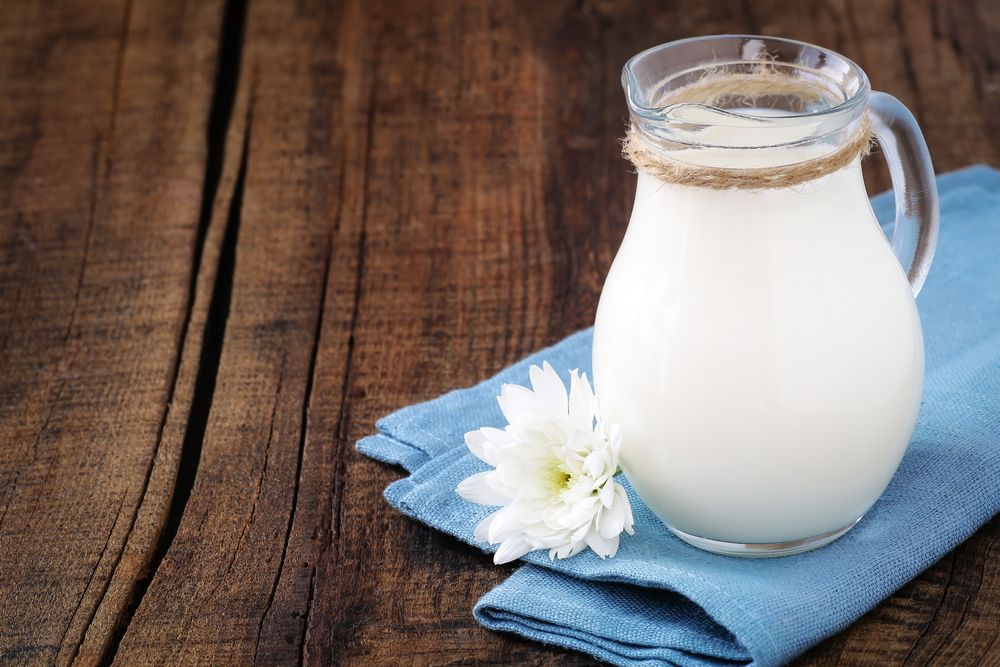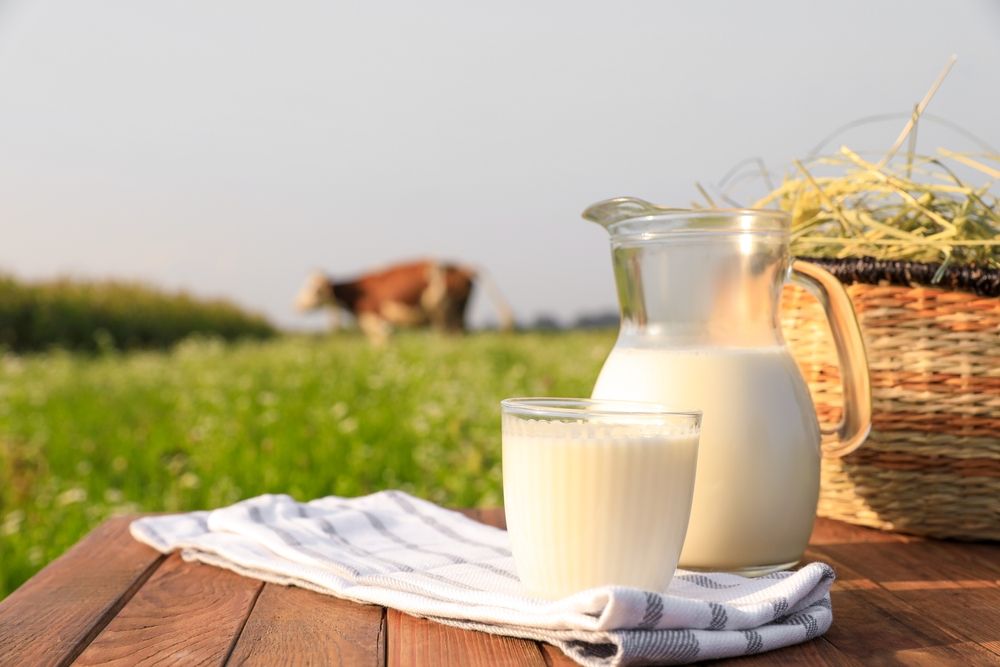
These days, it feels like there’s a new non-dairy milk alternative hitting the shelves every time you blink. Almond milk, oat milk, hemp milk, cashew milk—the list seems endless. While these plant-based options often come with a reputation for being healthier than traditional cow’s milk, not all of them live up to the hype. Spoiler alert: just because it’s in a sleek, eco-friendly carton doesn’t mean it’s the golden ticket to good health.
Surprisingly, some of these trendy non-dairy milks are hiding less-than-healthy secrets. From added sugars to sneaky oils and questionable ingredients, a few might make you reconsider tossing them in your shopping cart. But don’t worry—we’re here to cut through the marketing fluff and reveal 8 of the unhealthiest non-dairy milk alternatives you might want to avoid.
Blue Diamond Almond Breeze Vanilla Almond Milk
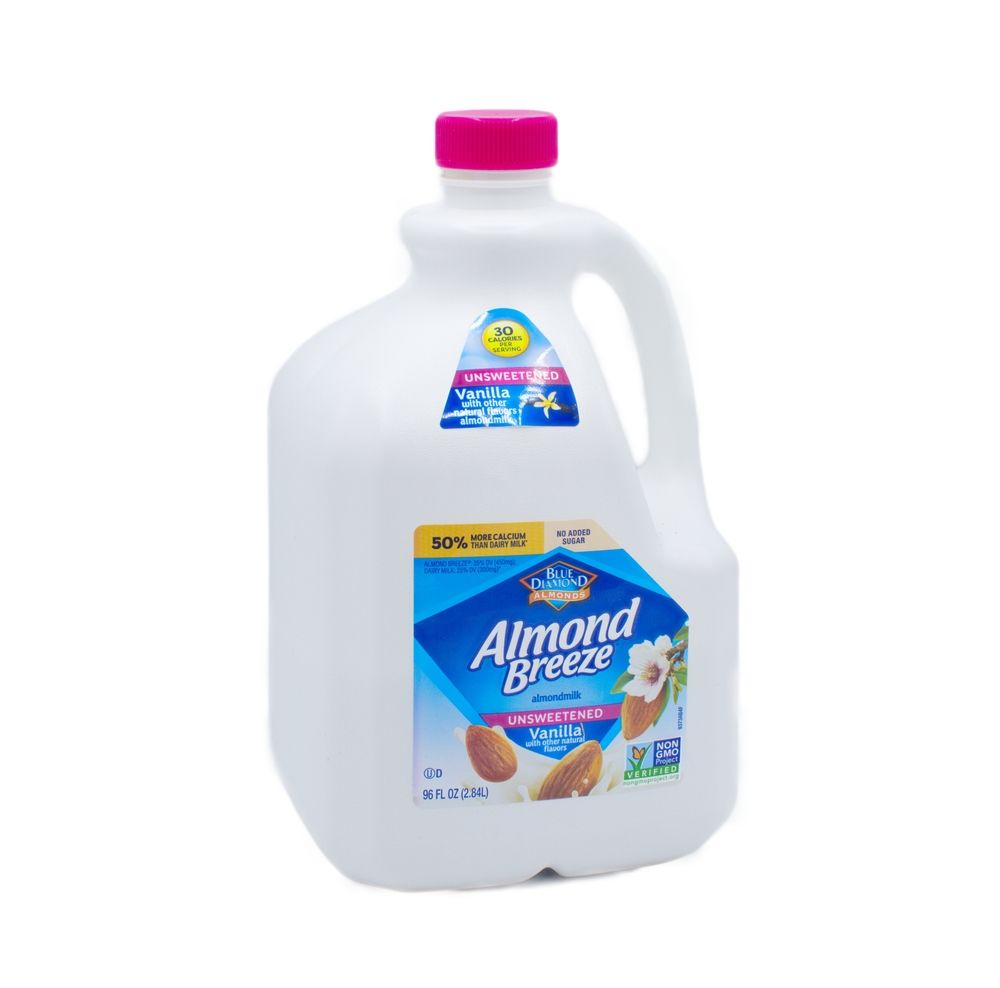
Nutrition (Per Serving): 1 cup (240 ml)
- Calories: 80
- Fat: 2.5 g (Saturated Fat: 0 g)
- Sodium: 150 mg
- Carbs: 14 g (Fiber: 1 g, Sugar: 13 g)
- Protein: 1 g
While this non-dairy alternative is low in calories and completely free of dairy, it falls short in other areas. With just 1 gram of protein per serving (compared to 8 grams in a glass of dairy milk), most of its carbs coming from added sugars (13 out of 14 grams), and the inclusion of ingredients like certain gums that some people prefer to avoid, there are definitely better options. For example, Blue Diamond Unsweetened Original Almond Milk offers a more balanced choice.
Oatly Chilled Oat Milk Chocolate
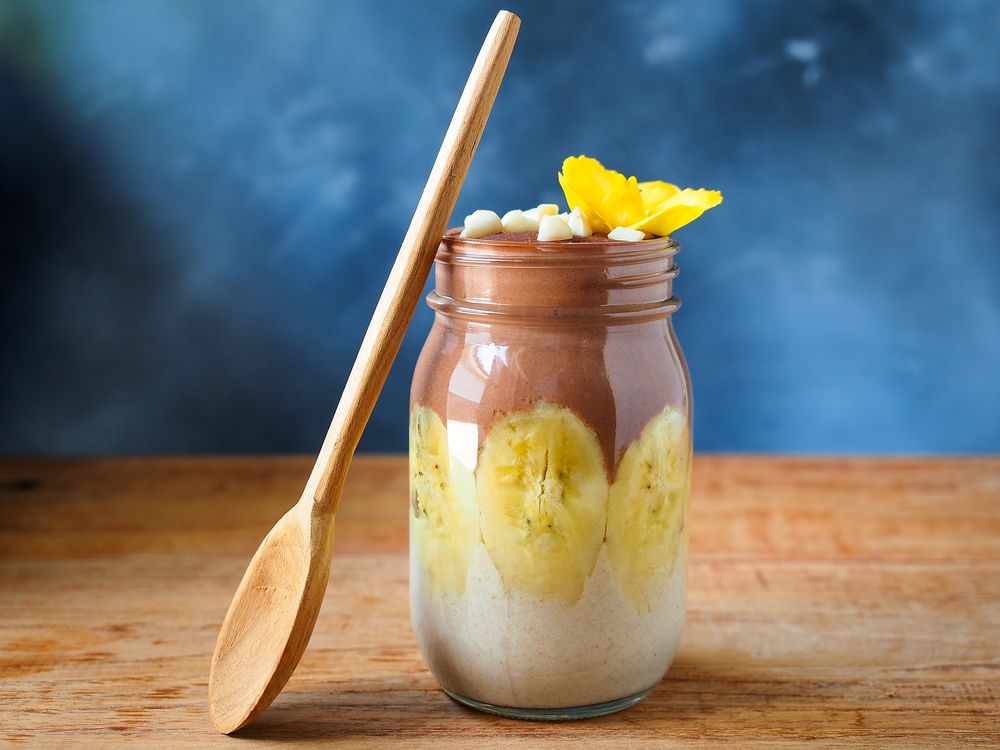
Nutrition (Per Serving): 1 cup (240 ml)
- Calories: 150
- Fat: 3.5 g (Saturated Fat: 0.5 g)
- Sodium: 150 mg
- Carbs: 24 g (Fiber: 3 g, Sugar: 16 g)
- Protein: 3 g
With just 3 grams of protein and a hefty 16 grams of sugar per serving, this beverage is better suited as an occasional treat rather than a staple in a balanced diet. Although it’s fortified with certain nutrients, it lacks others that dairy milk naturally provides, such as iodine, making it less comprehensive as a nutritional substitute.
So Delicious Organic Coconut Vanilla Milk
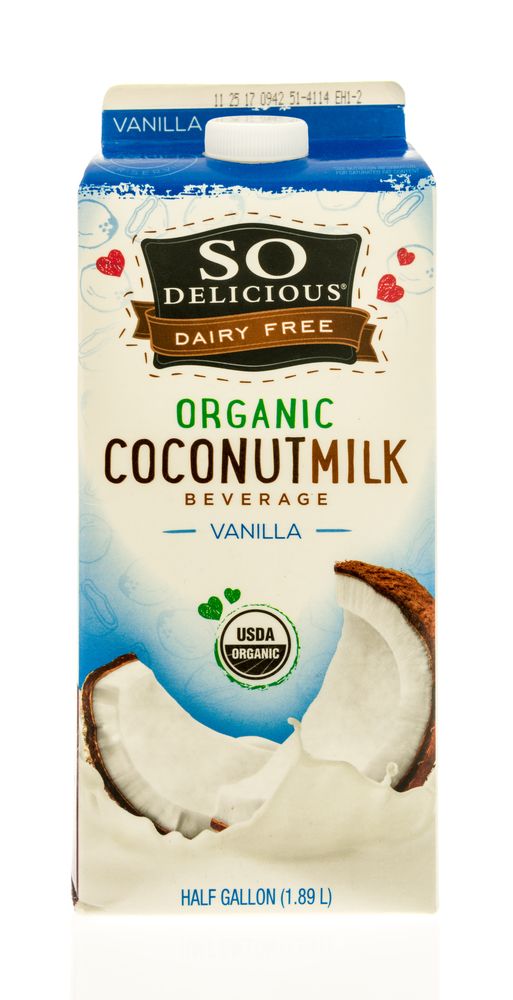
Nutrition (Per Serving): 1 cup (240 ml)
- Calories: 80
- Fat: 4.5 g (Saturated Fat: 4 g)
- Sodium: 10 mg
- Carbs: 9 g (Fiber: 1 g, Sugar: 8 g)
- Protein: 0 g
With zero grams of protein and minimal fiber, this drink falls short in promoting satiety, as these two nutrients are key to helping you feel full. Additionally, it contains 4 grams of saturated fat, which is a significant portion of the 13-gram daily limit recommended by the American Heart Association for most adults.
Kiki Milk Chocolate Organic Plant Based Milk
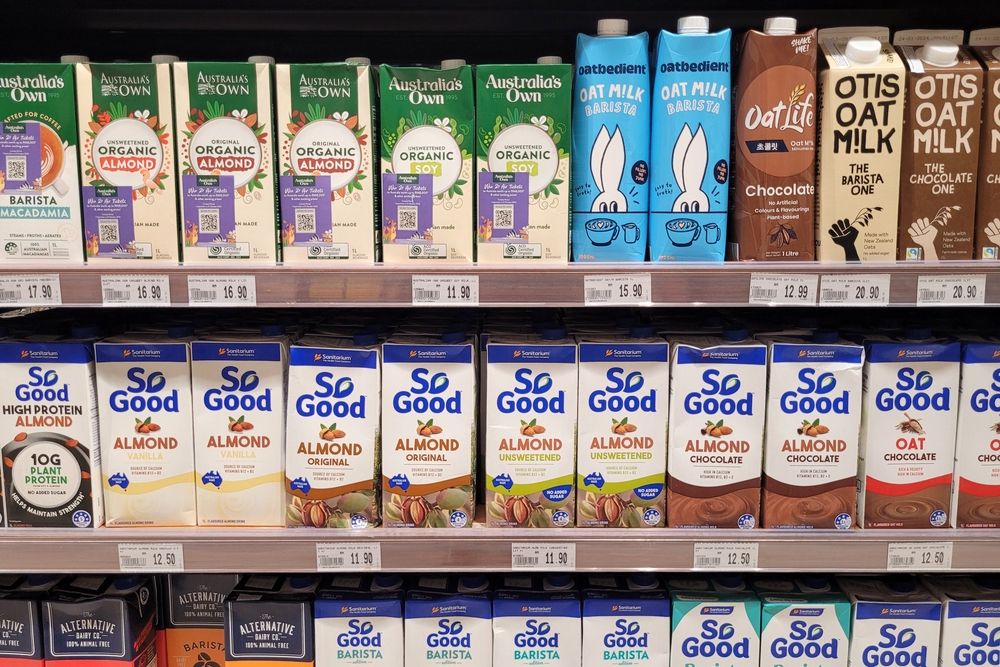
Nutrition (Per Serving): 1 cup (240 ml)
- Calories: 140
- Fat: 6 g (Saturated Fat: 1.5 g)
- Sodium: 50 mg
- Carbs: 18 g (Fiber: 3 g, Sugar: 5 g)
- Protein: 5 g
While this option isn’t the worst available, its marketing as a children’s beverage raises concerns. According to the Dietary Guidelines for Americans, children under 2 years old should avoid added sugars, yet this drink contains 5 grams. Additionally, it lacks vitamin D—a nutrient identified as a public health concern for Americans, particularly for growing children, as outlined in the same guidelines.
Bettergoods Plant Based Vanilla Almond Milk
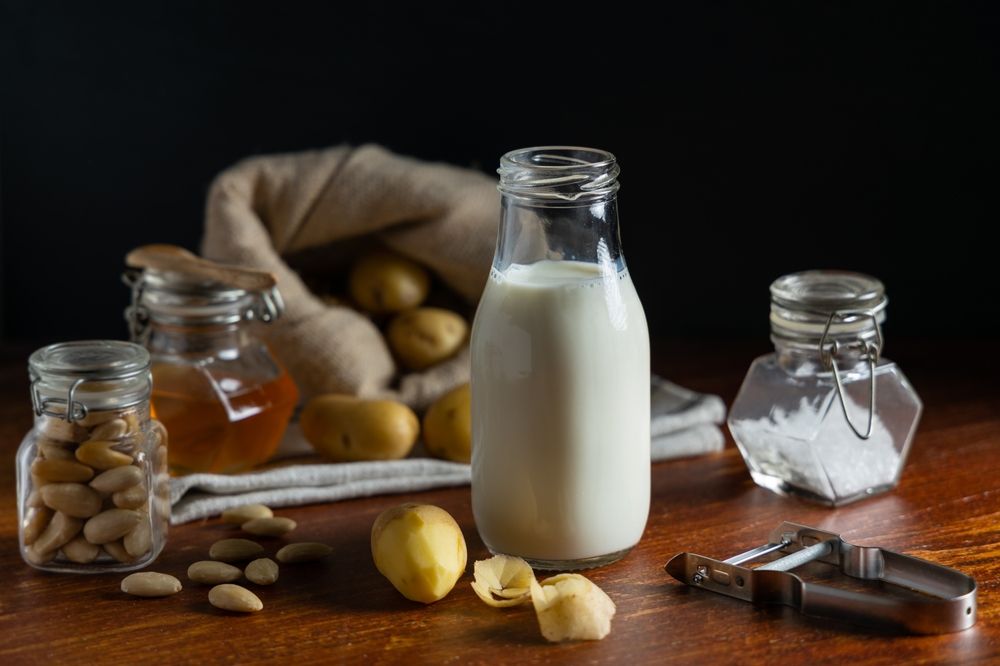
Nutrition (Per Serving): 1 cup (240 ml)
- Calories: 80
- Fat: 2.5 g (Saturated Fat: 0 g)
- Sodium: 180 mg
- Carbs: 14 g (Fiber: <1 g, Sugar: 13 g)
- Protein: 1 g
This option includes two types of gums, which some people prefer to avoid due to potential health concerns, such as negative effects on gut microbiota when consumed in excess. Additionally, it contains 13 grams of added sugar and only 1 gram of protein, making it less ideal for those seeking a nutritious and balanced non-dairy milk alternative.
Dream Rice Milk Vanilla Classic
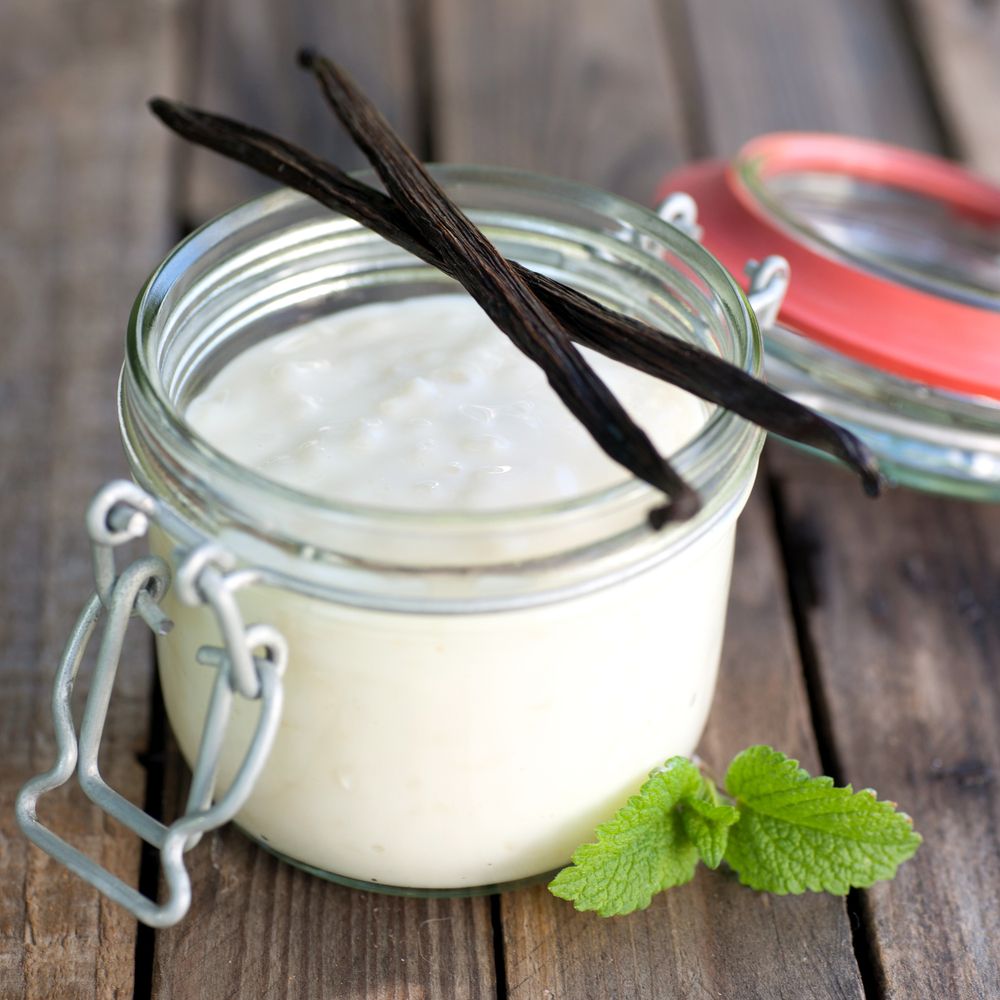
Nutrition (Per Serving): 1 cup (240 ml)
- Calories: 130
- Fat: 2.5 g (Saturated Fat: 0 g)
- Sodium: 80 mg
- Carbs: 28 g (Fiber: 0 g, Sugar: 13 g)
- Protein: 0 g
Unlike dairy milk, which offers 8 grams of protein per serving, this option provides none. Additionally, it contains 13 grams of added sugar—over half of the 25-gram daily limit recommended for women by the American Heart Association. This lack of protein, combined with significant added sugars, makes it a less nutritious choice.
365 Organic Vanilla Almond Milk
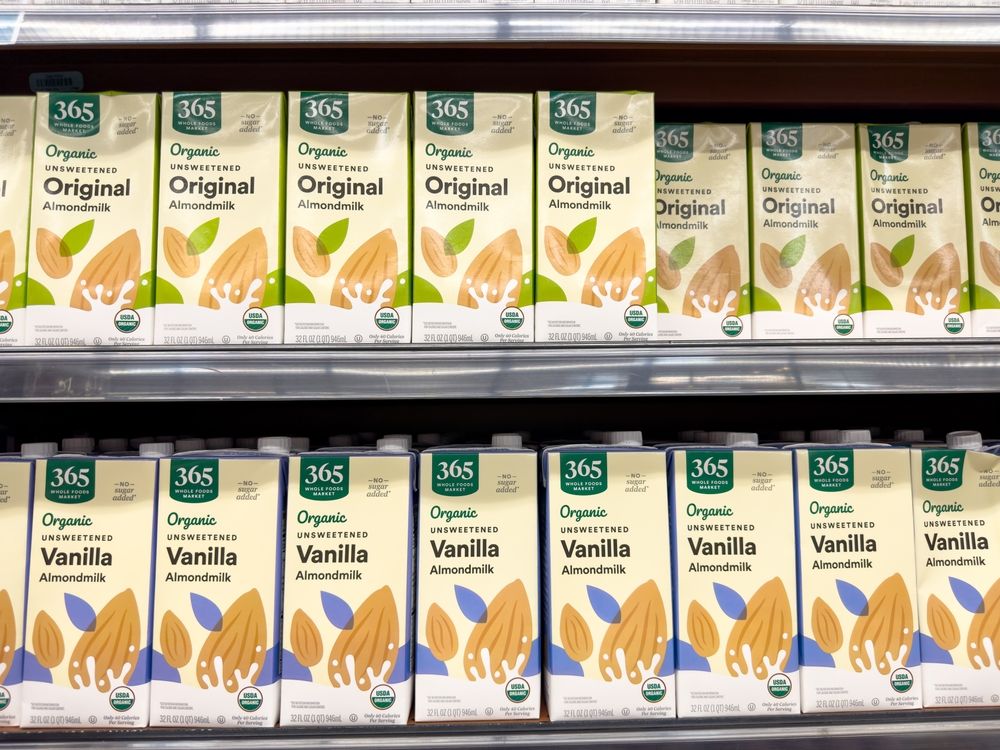
Nutrition (Per Serving): 1 cup (240 ml)
- Calories: 80
- Fat: 2.5 g (Saturated Fat: 0 g)
- Sodium: 160 mg
- Carbs: 14 g (Fiber: 1 g, Sugar: 13 g)
- Protein: 1 g
This option is high in added sugars, with 13 grams per serving, and offers very little protein, making it less than ideal for those seeking a balanced beverage. Additionally, the inclusion of "natural flavors" may be a concern for some, as these can include artificial or synthetic chemicals often used as processing aids.
Lattini Sunflower Milk Chocolate

Nutrition (Per Serving): 1 cup (240 ml)
- Calories: 120
- Fat: 6 g (Saturated Fat: 0.5 g)
- Sodium: 45 mg
- Carbs: 15 g (Fiber: 2 g, Sugar: 11 g)
- Protein: 3 g
This option contains a notable amount of added sugars (11 grams) and only 3 grams of protein per serving. While it can be a satisfying treat for those avoiding dairy, consuming it in excess may lead to excessive sugar intake, which can contribute to issues such as an increased risk of dental cavities.

